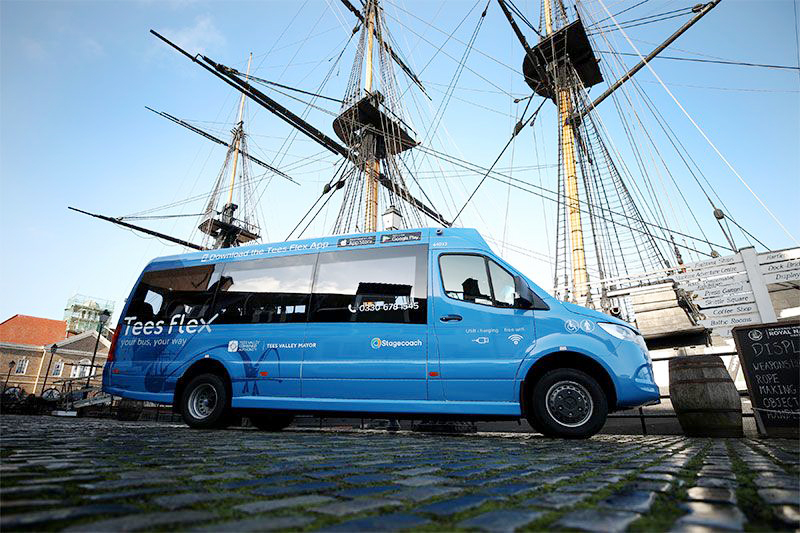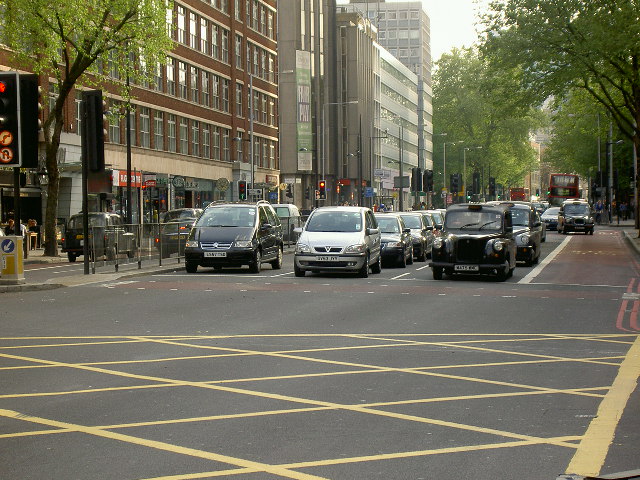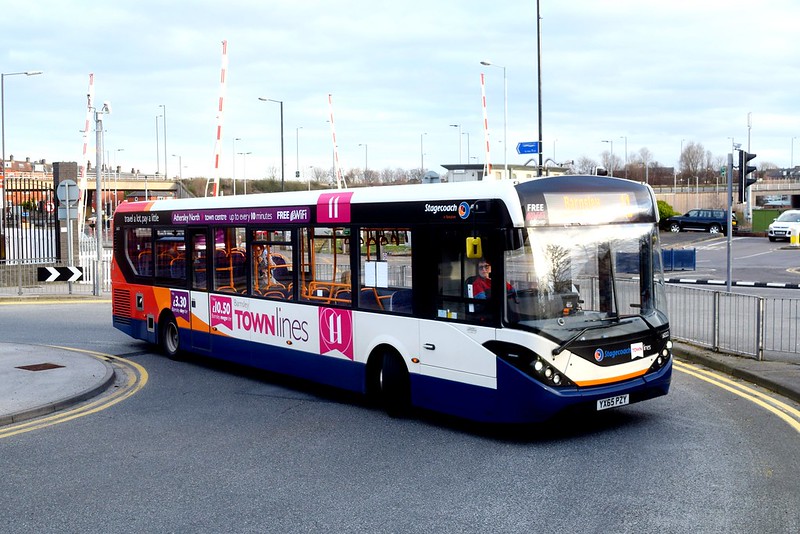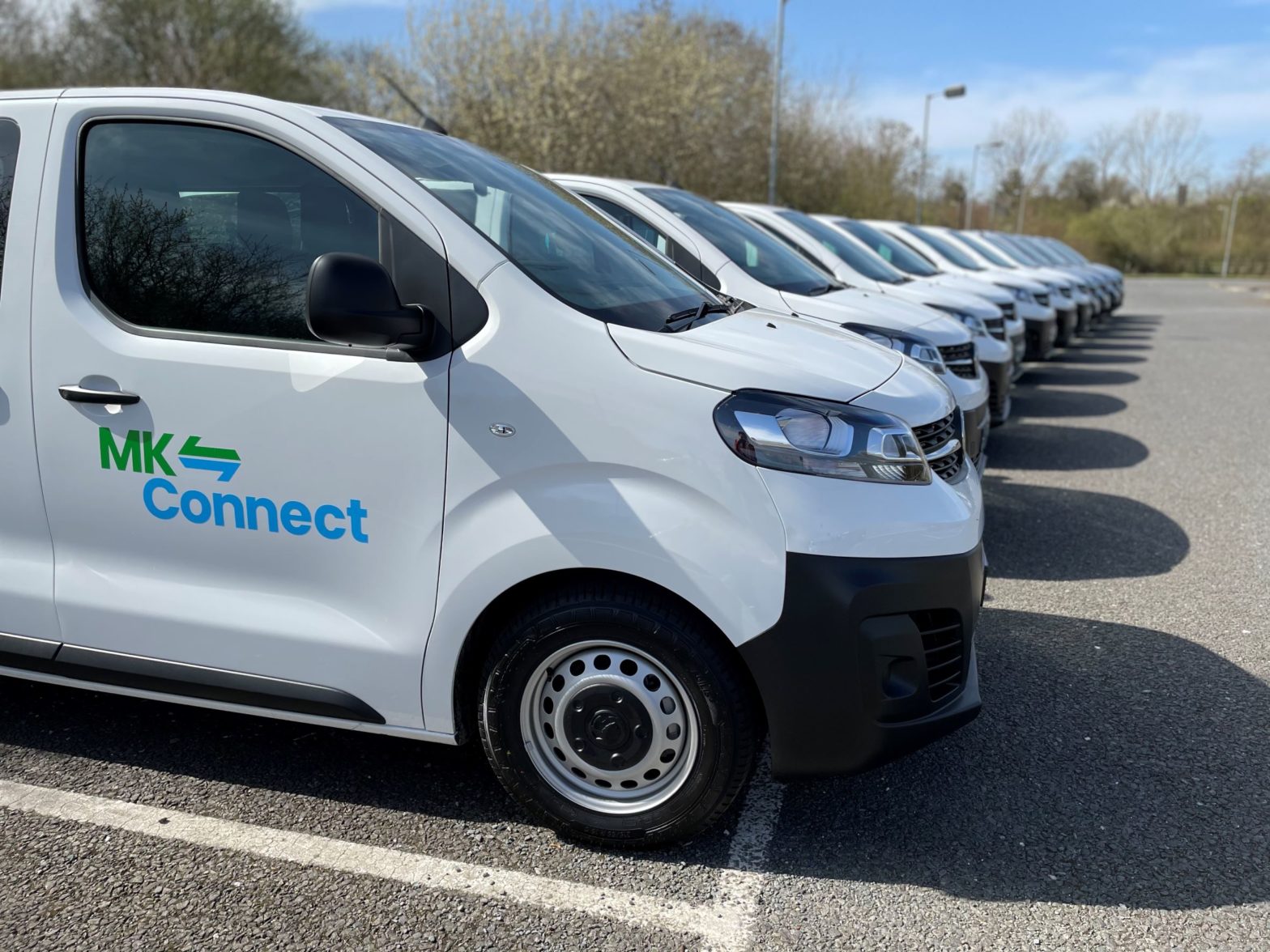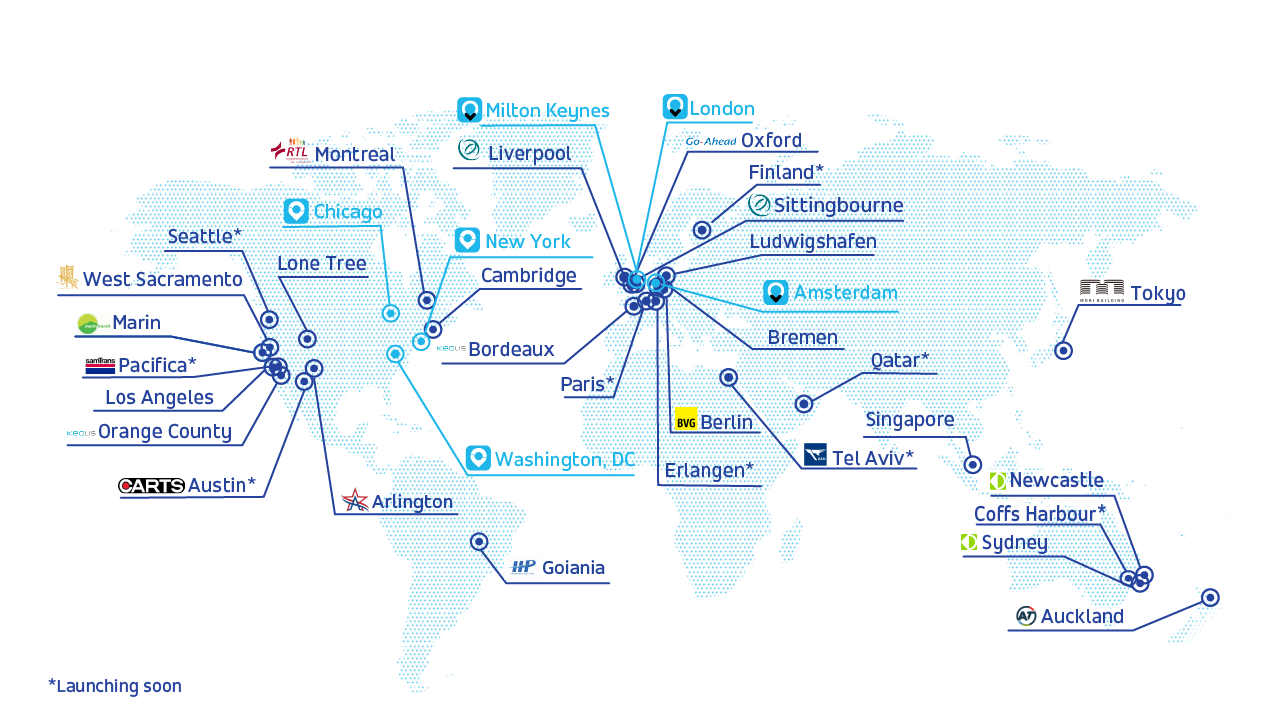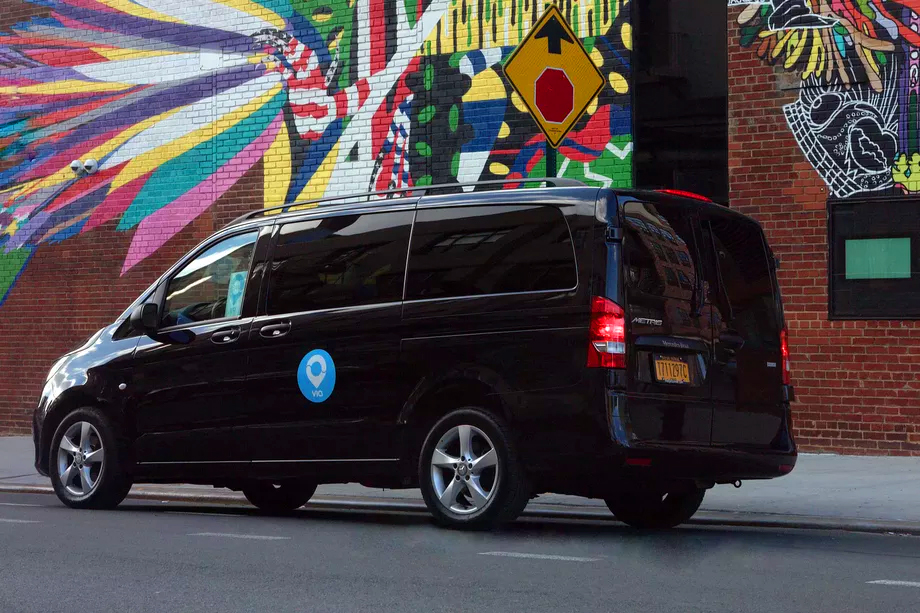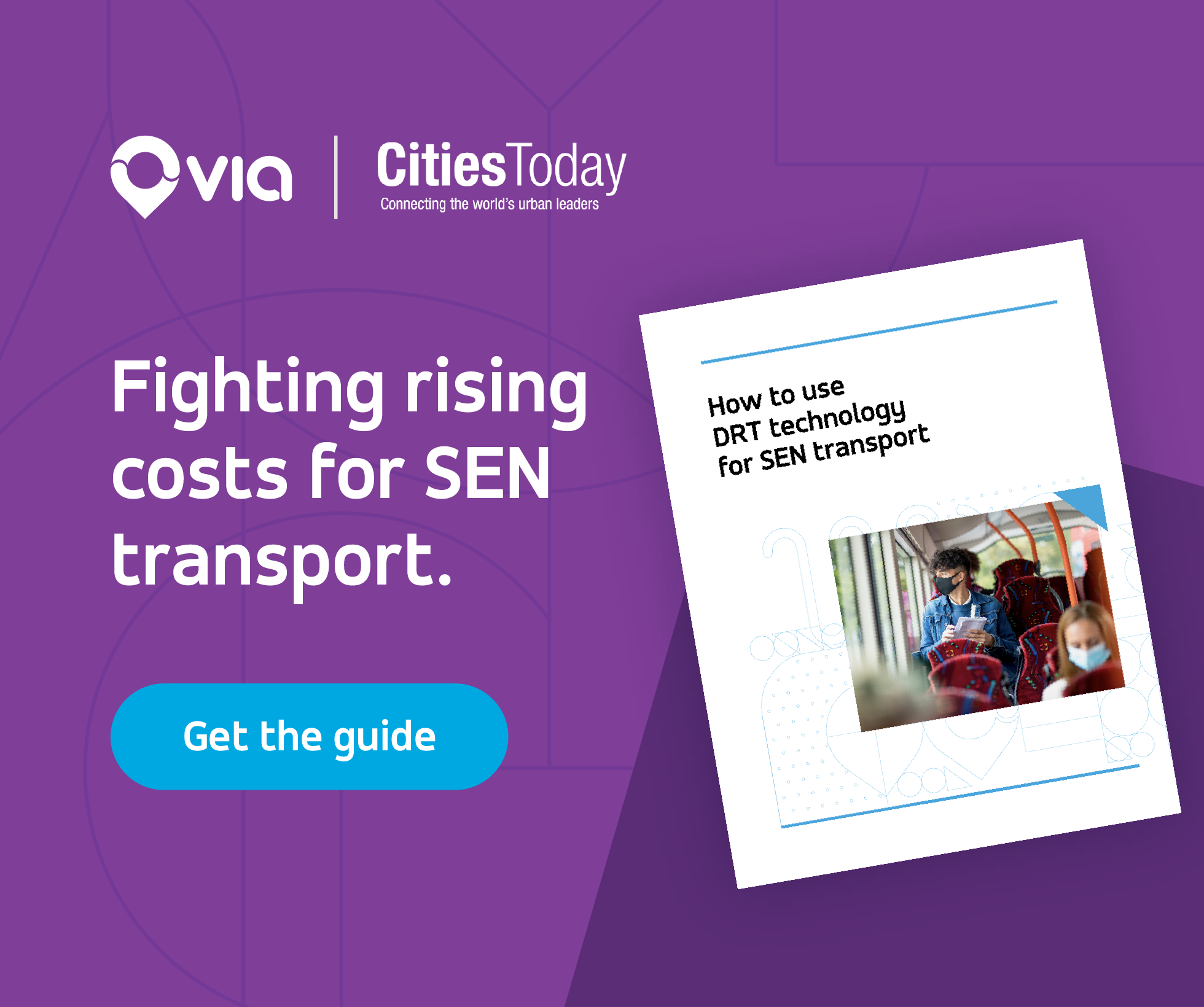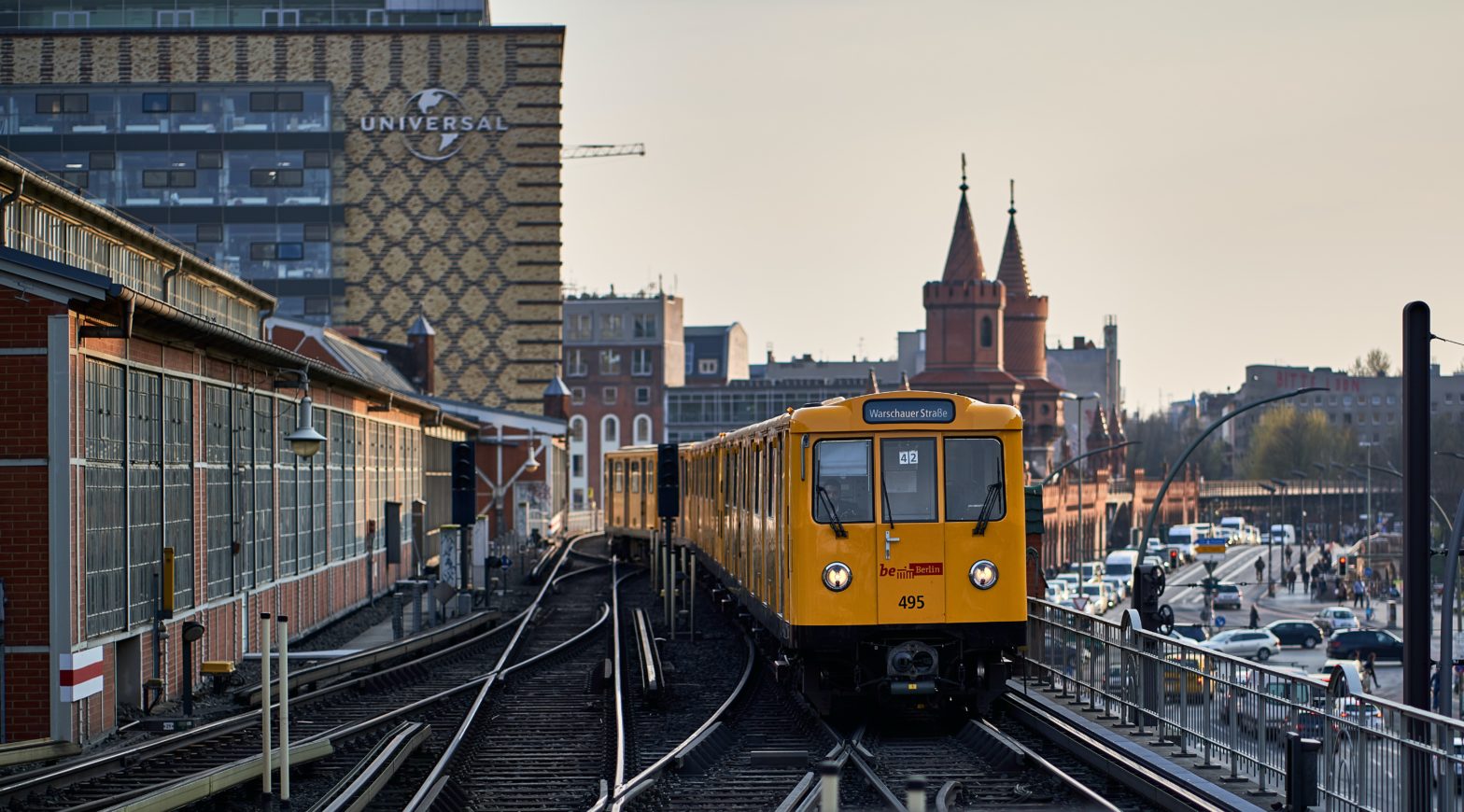
Photo: norbert-braun-unsplash
Creating a mandate for public transport
02 October 2023
Despite having some of the highest ticket prices in Europe, public transport in the UK often struggles to deliver.
While frequent services can be found within and between what are considered ‘key cities’, large swathes of the population often find themselves at a loose end, and consider the car as the only practical way to get around.
Looking at neighbouring countries, we see a much different picture, with governmental policies that prioritise transport rather than incorporating it as a secondary afterthought.
In France, a country with the same population as the UK, transport is funded and delivered very differently. Around 40 percent of transport funding in Paris is provided by the ‘versement transport’ or VT levy – with the cash used to keep fares low. As a result, in Ile-de-France, Paris’s equivalent of the Greater London area, a monthly pass giving unlimited travel on all public transport in the wider city region costs just €75 (£65), under half that of London.
Under the VT system, cities can also levy an ‘employer payroll’ tax of up to two percent on companies with more than 11 employees. The result is that businesses that benefit from public transport end up contributing to it. The VT also gives not just Paris, but other cities around France huge independence to fund their own public transport improvements, from tram construction to new bus services.
Germany’s transport ticket
In Germany, the government took a radical step last summer with the introduction of a nationwide €9 monthly ticket to help Germans with the cost-of-living crisis and get people out of cars.
The scheme proved to be highly popular and resulted in a cut in emissions.
German transport association VDV said that during the three months of the initiative, 1.8 million tonnes of carbon emissions were saved.
While the scheme proved popular with the public, and helped to ease the impact of soaring inflation and get ridership back to pre-COVID levels, it also cost the German taxpayers an estimated €2.5 billion.
Many asked for a successor to the scheme, but there were disagreements about the price and who would pay the bill. The €49-a-month ‘Deutschlandticket’ that followed is ultimately funded by the federal government, which will spend €1.5 billion annually in the years 2023-2025. The new ticket is an early success, having led to a 25 percent rise in passengers on national railway company Deutsche Bahn’s regional services, according to DB Regio CEO Evelyn Palla.
“Transport and social priorities – employment, healthcare, inclusion – mutually reinforce one another,” said Chris Snyder, European CEO for transport technology company Via.
“Investing in good transport is a component of delivering on these priorities, rather than something that competes with them.”
In partnership with:




